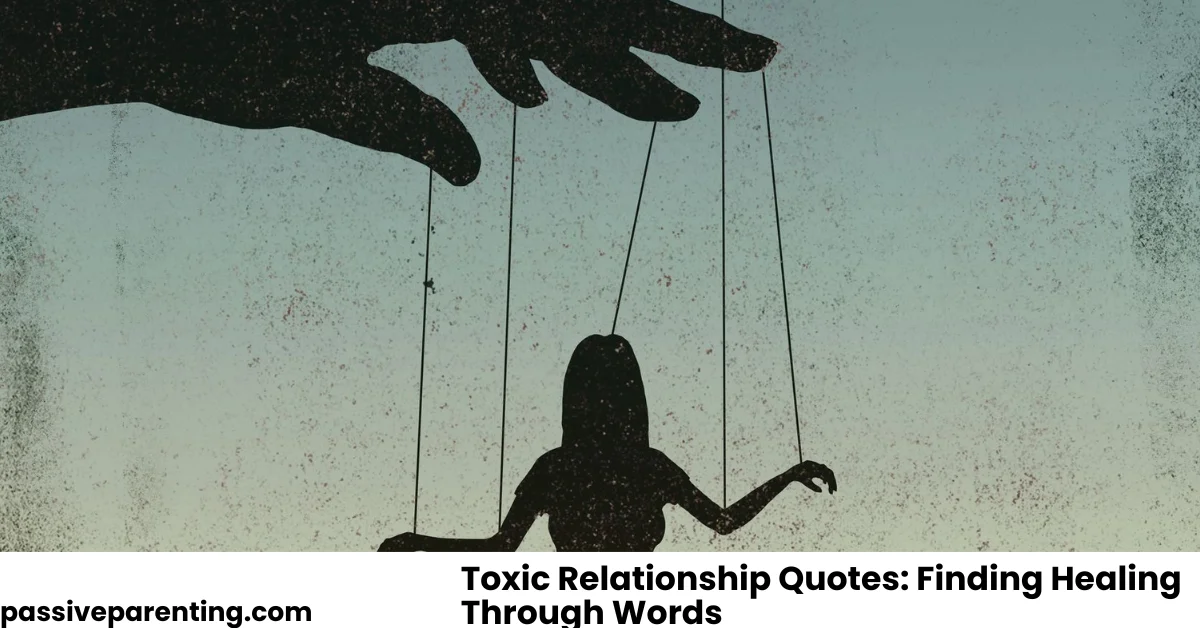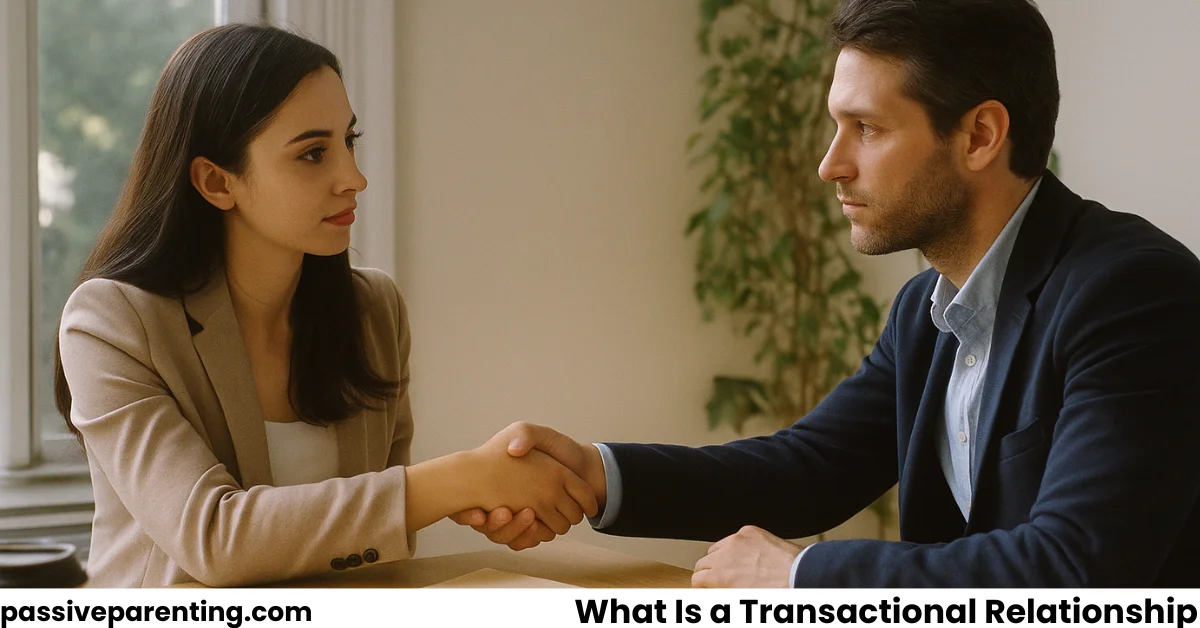It’s a question that leaves many people confused and hurt, why do men lose interest after sex? One moment everything feels passionate and connected, and the next, he seems distant or less engaged. This change can feel personal, but often it’s not about you at all.
Understanding why this happens requires looking at the biological, psychological, and emotional factors that influence male behavior. In this detailed guide, you’ll learn the real reasons men sometimes seem to pull away after intimacy and how to respond with clarity and confidence.
Understanding What Losing Interest Really Means
When a man seems to lose interest after sex, it doesn’t always mean he doesn’t care or that the relationship is over. Sometimes, it’s simply a shift in energy, emotion, or physical response.
Emotional Withdrawal vs Natural Detachment
After intimacy, some men may appear quiet or distracted. This can be due to natural biological changes rather than emotional rejection. Others may genuinely withdraw if they associate intimacy with vulnerability or emotional exposure they’re not ready to handle.
Differences in Relationship Expectations
In many cases, men and women enter intimacy with different emotional expectations. For some men, sex is an expression of affection but not necessarily a signal of deep emotional connection. For others, it’s a momentary experience of closeness without long-term meaning. Recognizing this distinction can prevent confusion and disappointment.
Biological Reasons Men Lose Interest After Sex
Biology plays a powerful role in shaping post-intimacy behavior. The male body undergoes several hormonal and neurological changes that can influence emotions and interest levels.
The Dopamine Drop
Before and during sex, dopamine, the “pleasure chemical” spikes in the brain, creating excitement and desire. After orgasm, dopamine levels drop sharply, which can result in a temporary loss of motivation or enthusiasm. This is one reason why some men seem less attentive after intimacy.
The Role of Prolactin
After sex, men experience an increase in a hormone called prolactin. Prolactin helps regulate satisfaction and relaxation but also reduces sexual desire temporarily. This hormonal shift can make a man appear emotionally distant or uninterested, even though it’s a natural biological response.
Evolutionary Perspective
From an evolutionary standpoint, some theories suggest that men are wired to experience a sense of completion after intimacy, leading to reduced pursuit behavior. This doesn’t mean he doesn’t care; it’s simply a built-in biological rhythm designed to restore balance in the body.
Psychological Reasons Behind Post-Sex Detachment
Biology isn’t the only factor that explains why do men lose interest after sex. Psychological patterns, past experiences, and emotional conditioning play major roles too.
Fear of Vulnerability
For many men, intimacy creates a deep sense of vulnerability. Physical closeness can trigger emotions they’re not used to handling, such as affection, fear of rejection, or emotional dependence. To protect themselves, they may subconsciously pull away.
Avoidant Attachment Styles
Men with avoidant attachment styles often struggle to maintain closeness after intimacy. They crave connection but fear dependence, which causes them to withdraw after moments of deep closeness. This pattern isn’t intentional but rooted in emotional self-protection.
Emotional Confusion
Sometimes, men lose interest because they feel unsure about their emotions. If they weren’t ready for intimacy or if the connection was purely physical, they might distance themselves to avoid sending mixed signals or leading someone on.
Relationship and Emotional Factors
Beyond hormones and psychology, relationship dynamics can also explain why interest fades after intimacy.
Lack of Emotional Connection
Sex can feel emotionally intense even without a deeper bond. When a man realizes the emotional connection doesn’t match the physical chemistry, he may instinctively step back. This isn’t rejection but an acknowledgment of emotional mismatch.
Misaligned Expectations
If one partner views intimacy as a step toward commitment while the other sees it as casual, feelings of disappointment and detachment can quickly arise. Clear communication before becoming intimate can prevent this emotional confusion.
Emotional Burnout
Sometimes men lose interest because the relationship moves too fast. Intense physical and emotional engagement without gradual development can lead to emotional fatigue, making them retreat to regain balance.
Social and Cultural Influences
Social expectations and cultural conditioning also influence how men behave after sex.
Pressure to Be Emotionally Strong
Many men are raised to hide emotions and avoid appearing too vulnerable. After intimacy, when feelings naturally intensify, they may suppress those emotions, creating the impression of disinterest.
Media Influence
Movies and media often portray men as emotionally detached after intimacy. These portrayals can shape real-world expectations and behaviors, reinforcing the idea that pulling away is normal or masculine.
Misunderstanding Emotional Intimacy
In some cases, men confuse emotional closeness with loss of control. This misunderstanding makes them retreat instead of embracing deeper connection.
Signs It’s Not About You
When you notice distance after intimacy, it’s easy to blame yourself. However, in many cases, the change in behavior isn’t personal.
Behavioral Shifts Don’t Always Mean Rejection
If he becomes quiet or less affectionate, it may be due to hormones, exhaustion, or personal stress unrelated to you. Give him space and observe if the behavior continues or balances out over time.
Stress and Mental Distraction
External factors such as work pressure, family issues, or emotional stress can also make men seem withdrawn after intimacy. Their distance may have nothing to do with the relationship itself.
How to Handle It When a Man Pulls Away After Sex
Knowing how to respond calmly can prevent misunderstandings and help you maintain your self-worth.
Communicate Without Blame
If you feel confused or hurt, express your feelings clearly but gently. Avoid accusations. Instead, use open-ended questions like, “I’ve noticed you seem a bit distant lately, is everything okay?”
Set Boundaries
If the pattern repeats or causes emotional discomfort, it’s important to set healthy boundaries. Decide what kind of relationship and communication you expect moving forward.
Focus on Yourself
Don’t base your self-esteem on his reaction. Focus on your emotional wellbeing and remember that his behavior often reflects his internal state, not your value.
When to Be Concerned
While occasional distance can be normal, consistent detachment might signal a deeper issue.
Emotional Unavailability
If a man regularly withdraws after intimacy and avoids communication or emotional closeness, he may be emotionally unavailable. This pattern can make long-term connection difficult.
Repeated Behavior in Relationships
If you notice a pattern of men losing interest after intimacy in multiple relationships, it might help to reflect on your relationship choices and boundaries. Understanding patterns helps you build healthier future connections.
Lack of Respect or Communication
If he disappears completely after intimacy or refuses to communicate, that behavior reflects disrespect rather than natural detachment. Know when to walk away from such dynamics.
How to Build Stronger Emotional Connection
The best way to avoid emotional confusion after intimacy is by fostering trust and genuine connection before physical closeness.
Slow Down Intimacy
Building emotional intimacy first helps both partners feel more secure. Taking time to connect emotionally strengthens the bond and reduces the likelihood of emotional withdrawal.
Encourage Open Dialogue
Talking about expectations, comfort levels, and relationship goals creates clarity. It helps both partners understand each other’s emotional needs before crossing into physical territory.
Create a Sense of Safety
When men feel emotionally safe, they’re less likely to retreat after intimacy. Showing empathy and mutual respect encourages deeper connection and trust.
How to Move Forward
If you’ve experienced this situation, remember it’s not a reflection of your worth. Some relationships simply lack emotional alignment, and that’s okay. Use the experience to understand what you need in future connections, honesty, communication, and emotional compatibility.
Final Thoughts on Why Do Men Lose Interest After Sex
So, why do men lose interest after sex? The answer lies in a combination of biology, psychology, and emotional conditioning. Hormonal changes can trigger temporary detachment, while personal fears or mismatched expectations can deepen the gap.
The most important thing to remember is that this behavior isn’t always about rejection. Sometimes it’s about emotional readiness, vulnerability, or misunderstanding. By understanding the reasons and focusing on open communication, you can handle the situation with confidence and clarity.
Every relationship is unique, and not all men lose interest after intimacy. The key is to stay self-aware, set boundaries, and seek connections where emotional and physical closeness go hand in hand.




